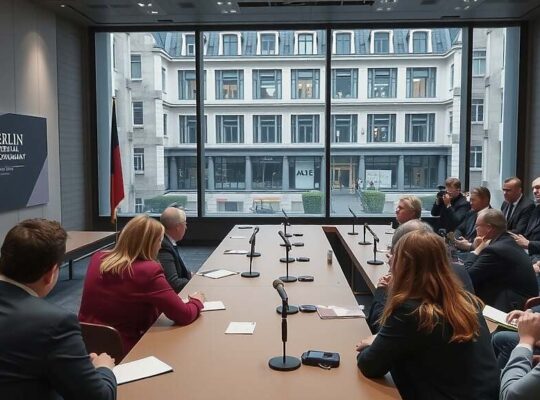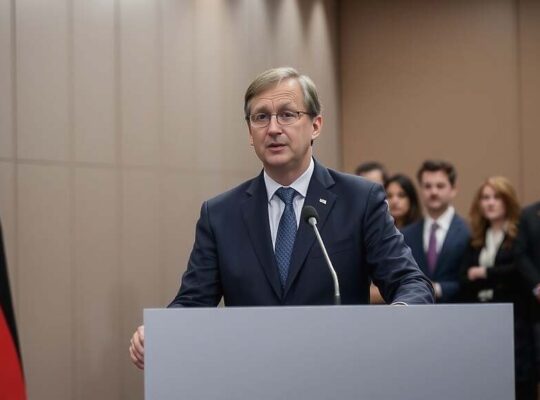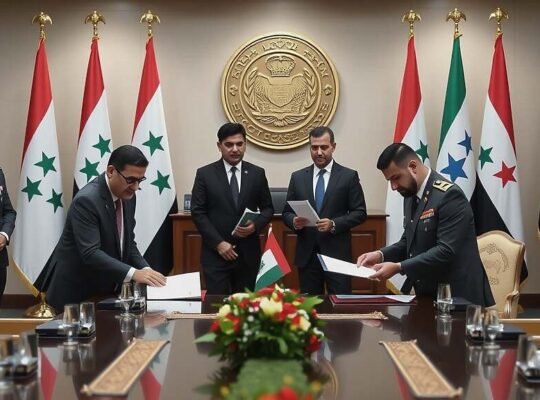The German government’s approach to its defense before the International Court of Justice (ICJ) in 2024 is facing increasing scrutiny following revelations of apparent coordination with Israel. Documents originating from the German Ministry of Defense, recently reported by “Der Stern”, suggest that decisions regarding the disclosure of information in the case brought by Nicaragua – alleging German complicity in potential “genocide” in the Gaza Strip – were made “in agreement” with Israeli authorities, at least in part.
Nicaragua initiated legal proceedings against Germany in March 2024, citing, among other grievances, the suspected supply of weaponry to Israel. While Germany’s assertion in April 2024, during an expedited procedure on halting arms exports, maintained that only medical supplies and helmets were delivered from Bundeswehr stockpiles in 2023, the newly surfaced documents cast doubts on the comprehensiveness of this declaration. The German Foreign Office has declined to comment on the matter.
The revelation raises critical questions about Germany’s commitment to transparency and impartiality in the ongoing legal battle. The European Center for Constitutional and Human Rights (ECCHR) has expressed deep concern, suggesting that “only a portion of the information regarding country-specific deliveries may have been disclosed”. If the German government acknowledges that statements concerning these deliveries were made “in agreement” with Israel, the ECCHR argues, it becomes plausible that the disclosed goods were not exhaustive, but merely those deemed suitable for public release.
This apparent alignment with a party embroiled in a highly contested international conflict presents a potentially significant political liability for the German government. Critics argue that such coordination undermines the credibility of Germany’s defense and raises concerns about undue influence on judicial processes. The ECCHR’s assessment highlights a deepening perception that the government prioritized diplomatic considerations over full disclosure in a case with profound implications for international law and human rights. The full extent of collaboration between Berlin and Jerusalem regarding the ICJ proceedings remains unclear, but the emerging evidence necessitates a thorough and independent review of the government’s actions.












